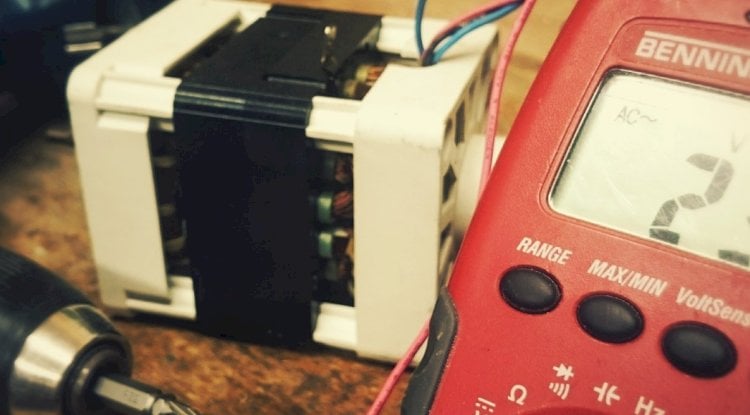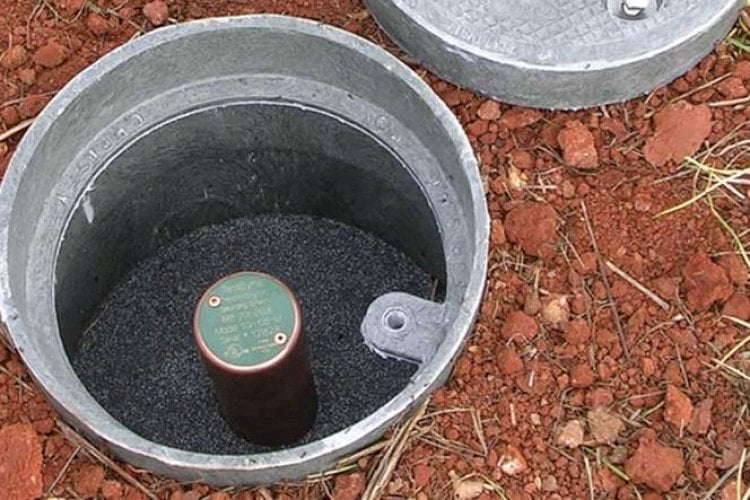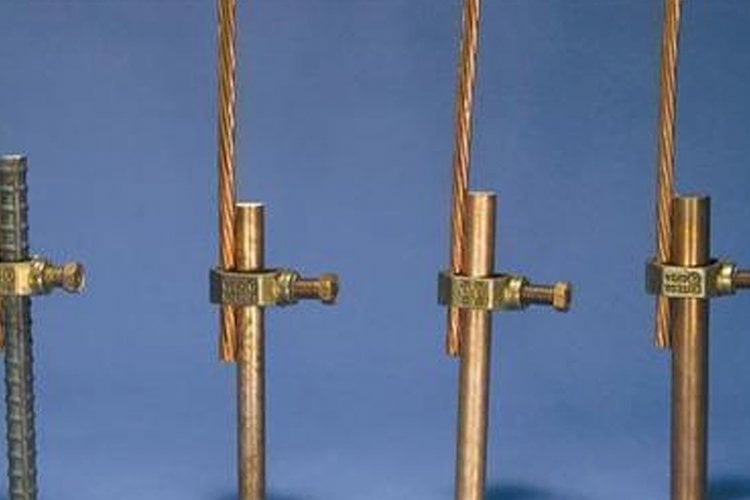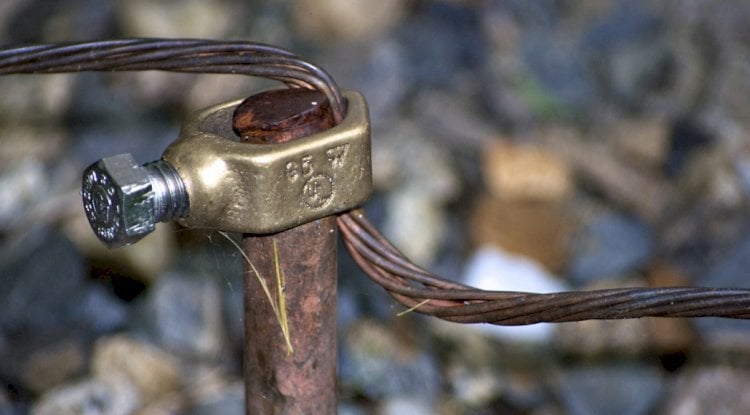Mike asked:
What types of preventative maintenance electrical grounding testing procedures do you recommend for electrical grounding systems and how often?
Our Answer:
In general, there are three (3) separate procedural items of concern for a facility when it comes to ground preventative maintenance:
- A one-time commissioning inspection procedure for the new grounding system
- A 9-month interval maintenance check conducted by on-site personnel which should also be used after known storms and electrical failures
- A 3 to 5-year intensive inspection/audit conducted by a qualified 3rd party electrical grounding company.
The commissioning process is an in-depth inspection that is designed to establish baseline figures for future comparison. If a grounding rod measured 50-ohms when it was installed, and 50-ohms a year later, but all of a sudden measures 250-ohms on the third measurement (year 2), you would know that something has compromised the grounding rod, and possibly other parts of the system (lightning strike, electrical fault, corrosion, etc.). A good commissioning will involve multiple people, long lengths of wire, and some very expensive and complex equipment.
The annual checks are often designed to be conducted by a single person in only a few hours using a simple hand-held ground resistance meter with the goal being to compare the current results from key areas against the results found during the commissioning. It is typically conducted at 9-month intervals (to make sure seasonal changes in resistance are known), and also after known electrical storms or electrical faults before starting up facility operations.
The 3 to 5-year intensive electrical grounding audit is similar to the commissioning process, in that it will utilize expensive equipment and multiple people, re-checking details of the grounding system that have not been checked during the regular 9-month inspection.
There are a number of different ground resistance tests that we conduct, however they can be primarily broken down into three (3) simple categories: 4-point, 3-point, and 2-point tests.
4-point tests measure the resistance of the earth. We recommend true Direct-Current (DC) and Induced Polarization (IP) meters from AGI USA or the Syscal from IRIS instruments in France.
http://www.iris-instruments.com/
3-point tests measure how effectively connected a metal object is to the earth. This is often called the resistance-to-ground or RTG. Again, we recommend meters from AGI or IRIS when conducting a 3-point fall-of-potential method. However, if you are conducting a clamp-on induced polarization method resistance to ground test, then there are a number of good quality clamp-on ground resistance meters available. Fluke and AEMC make some of the most common versions:
http://en-us.fluke.com/products/earth-ground/fluke-1630-earth-ground-clamp-meter.html
http://www.aemc.com/products/html/moreinfo.asp?id=50107&dbname=products
2-point tests are the most common and similar to many other electrical resistance tests in that we are simply measuring the metallic components of a grounding system back to main electrical disconnect. We recommend AGI or IRIS meters as they are true DC and are also IP meters.
The Engineering Experts at E&S Grounding Solutions





